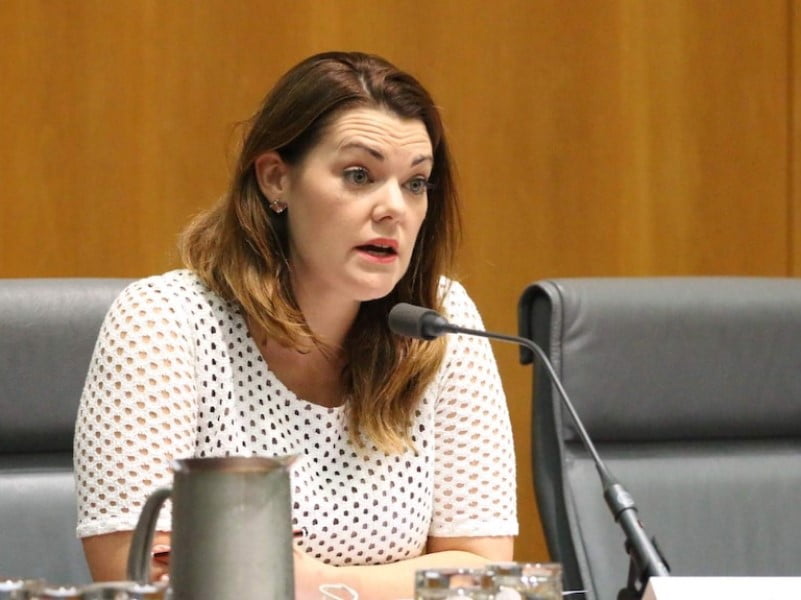The Greens environment and water spokesperson Senator Sarah Hanson-Young says that the proposed Climate Trigger will drive decarbonisation and support new investment in green manufacturing opportunities.
As an amendment to the Environment Protection and Biodiversity Conservation (EPBC) Act, the bill seeks to add emissions-producing activities to the existing list of matters of national environmental significance, according to its accompanying explanatory memorandum.
If passed, the amendment would require an environmental assessment to be undertaken on new developments that would emit greenhouse gases equivalent to at least 25,000 tonnes of carbon dioxide. New projects with emissions exceeding 100,000 tonnes of carbon dioxide equivalent would be banned.
The Climate Change Authority would also be required to establish a national carbon budget for 2023-2050. Ministerial approval for emissions producing activity must consider whether country’s national carbon budget for 2023-2050 can afford the polluting project and if it is consistent with achieving Australia’s emissions reduction target.

When asked by InnovationAus.com if the emissions cap would restrict the development of energy intensive electric vehicle battery gigafactories, Ms Hanson-Young said the Climate Trigger would help provide assurances to those investing in manufacturing powered by renewable energy.
“I actually think this type of regulation is what is needed. To drive the transition and to support those industry players who want to invest in green industry and green manufacturing. It actually gives them an up and allows them to have a first mover advantage,” Ms Hanson-Young said.
According to estimates by the MIT Environmental Solutions Initiative, the manufacture of an 80kWh lithium-ion battery would produce somewhere between 2.4 tonnes and 16 tonnes of carbon dioxide equivalent. However, the estimates would vary depending on the materials used, how they are sourced, and the energy sources used in manufacturing.
Ms Hanson-Young said the Climate Trigger would help “push and set all the levers towards green energy”, decarbonising input processes to battery manufacturing.
“Those big mining projects that we know we’re going to need to help the transition to decarbonisation, [we need them to be] powered by renewables, we need those projects to be becoming as carbon neutral as possible. So [the emissions cap] actually helps to set and drive that agenda,” Ms Hanson-Young said.
The amendment was tabled in the house of representatives by Greens leader Adam Bandt on Monday morning while Ms Hanson-Young tabled it in the senate in the afternoon.
After tabling the motion in the House of Representatives, Mr Bandt said that the bill will “prevent the 114 new coal and gas projects in the pipeline from ever being built”.
The explanatory memorandum to the bill argues that “there is a clear policy gap in that emissions-producing activities are currently not considered a matter of national environmental significance under the EPBC Act”.
Before tabling the bill in the senate, Ms Hanson-Young said that “we are facing species collapse and yet time and time again, projects are given the green light by the nation’s Environment Minister, without any consideration of the climate damage that is being done to our environment”.
Last month, Minister for the Environment Tanya Plibersek said she would not rule out a climate trigger on new fossil fuel projects.
The Greens will back the government’s climate change bill to legislate the target to reduce greenhouse gas emissions by 43 per cent below 2005 levels by 2030 but have argued it does not go far enough.
Mr Bandt announced the Greens would back the bill during a speech to the National Press Club on August 3. During the speech he said that the Greens had “improved a weak climate bill” and that “the only obstacle to stronger climate action is Labor”.
Prime Minister Anthony Albanese addressed the National Press Club last Monday said that Australia has not missed the opportunity for green manufacturing despite “ten years of delay and denial” on decarbonisation by the previous Coalition government.
Do you know more? Contact James Riley via Email.

